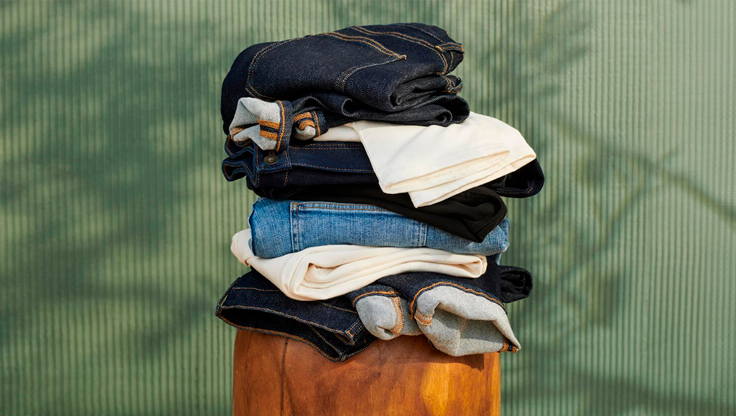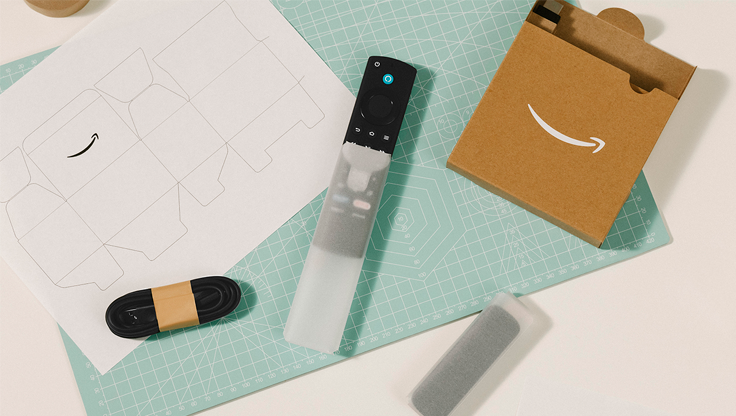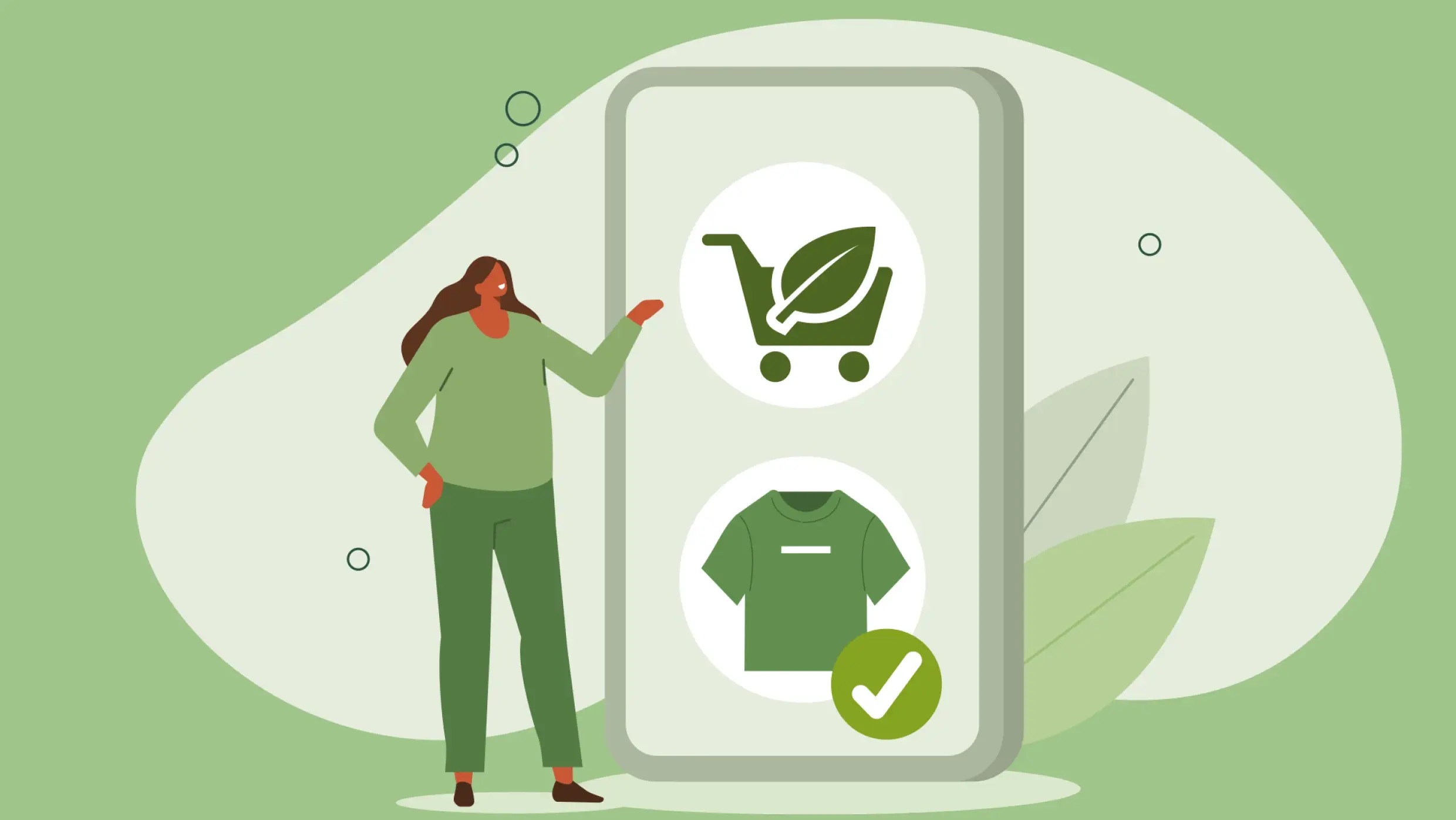We invent, develop, and deliver products and services in a responsible way, which helps our customers on their sustainability journeys. We're working to make our products more sustainable, from how we build them, to how we package them, to how customers use them.
For the third-party items we offer that have achieved certifications from trusted external sustainability certifiers, we created the Climate Pledge Friendly program to help customers make more sustainable shopping choices. We're making our AWS cloud infrastructure more energy efficient to help our customers meet their sustainability goals, while providing them with the cloud-based tools they need to manage their own impacts.











